Discover the Science Curriculum at West Sussex private school, Sompting Abbotts Preparatory School
“In the 21st century, scientific and technological innovations have become increasingly important as we face the benefits and challenges of both globalization and a knowledge-based economy. To succeed in this new information-based and highly technological society, students need to develop their capabilities in STEM to levels much beyond what was considered acceptable in the past. ”
Aim
Science teaches an understanding of natural phenomena. It aims to stimulate a child’s curiosity in a core subject in finding out why things happen in the way that they do. It teaches methods of enquiry and investigation to stimulate creative thought. Children learn to ask scientific questions and begin to appreciate the way in which Science will affect the future on a personal, national and global level.
Our objectives in the teaching of Science are for all our children:
- To ask and answer scientific questions.
- To plan and carry out scientific investigations, with the correct use of equipment (including computers and Chromebooks).
- To know about life processes.
- To know about materials, electricity, light, sound and natural forces.
- To know about the nature of the Solar System, including the Earth.
- To know how to evaluate evidence and the present conclusions both clearly and accurately.
Approach
Pupils learn to develop practical skills as soon as they enter the school and have a specialist Science teacher, Claire Scale, the Head of Science, from Year 3 right through to Year 8. Pupils learn best by 'doing' and are then in a better position to apply knowledge to unknown situations and solve real life problems.
Our science examination results are excellent, with the majority of pupils going into top sets in their senior schools and many pursuing science subjects at university.
The emphasis is on problem-solving and discovery and the department is well aware of the need to encourage and prepare new scientists and engineers for the real world. This can only be achieved by nurturing and fostering the love of Science at prep school. As specialist teaching takes place from Year 3, it is possible to begin the Common Entrance syllabus in Year 6 rather than Year 7 to allow more time to develop further practical skills and carry out research and project work. Pupils achieve excellent examination results at Common Entrance and Scholarship level.
We've just won not one but two prizes at British Science Week!
The theme was Science in Spaces: Spaces for Science. We won first places Intermediate and Senior categories in the British Science Week Poster Competition in which 1,700 children submitted entries.
Children have won awards at national level for their Science work submitted as part of British Science Week
They have also won prizes at Big Bang Science events.
Habitats for study include a beautiful walled garden, a pond and several wooded areas. We have visits from a mobile planetarium and Science drama companies. We compete in Lancing College’s Prep School Science Challenge (a contest we have won recently!) Scientific visits include the Science Museum in London, Chichester Planetarium and the Big Bang Science Fair.
All pupils realise their potential and for many Science is a favourite subject.
What will my child study?
In the course of their experimenting and investigating, pupils will utilise and develop the following skills:
- Designing experiments - to test ideas
- Measurement — collecting data to an appropriate degree of accuracy is an essential part of Science practical work
- Evaluating results and seeking patterns
- Applying knowledge in new situations
Science Year 3
Topics include:
- Autumn Term: Forces and Magnets, Rocks and Soils
- Spring Term: Living Processes, Parts of the Body, Movement
- Summer Term: Green plants, Growth and Nutrition; Reproduction of Plants, Light, Seeing
Rocket seeds
Sompting Abbotts Prep School has been involved in one of British astronaut Tim Peake’s experiments!
Two kilograms of rocket seeds were launched on Soyuz 44S on 02 September 2015 with a European Space Agency (ESA) astronaut, arriving on the International Space Station (ISS) two days later. British ESA astronaut Tim Peake took charge of the seeds while on the ISS for his Principia mission. After several months on board, the seeds were sent back to Earth. After they returned to the UK, they were packaged up with identical seeds that have stayed on Earth.
Sompting Abbotts received two packets of 100 seeds to grow and compare and the results were entered into a national online database so that they can be compared across all schools in the UK.
Science Year 4
Topics include:
- Autumn Term: Teeth and Digestion, States of Matter
- Spring Term: Sound and Hearing, Electricity
- Summer Term: Living things in their environment, Feeding relationships
Science Year 5
Topics include:
- Autumn Term: Circulation, Breathing, Nutrition, Earth and Space
- Spring Term: Living Things and their Habitats, Adaptation, Life Cycles, Forces
- Summer Term: Properties of Materials, Physical Change, Separating Materials, Chemical Change
Science Year 6
Topics include:
- Autumn Term: Cells and Organisms, Health, Evolution and Inheritance, Forces, Electricity
- Spring Term: Pure and Impure Substances, Physical changes, Chemical reactions
- Summer Term: Light, Living things and their Habitats
Science Year 7
Topics include:
- Autumn Term: Variation, Classification and Inheritance; Reproduction in Animals and Plants; Forces: Speed and Density
- Spring Term: Acids and Alkalis; States of Matter; Energy: Changes in systems; Conservation of Energy; Energy Resources
- Summer Term: Electricity and Electromagnetism: Circuits; Magnetism; Electromagnets; Interactions and Interdependencies: Relationships in an Ecosystem
Science Year 8
Topics include:
Children learning about the pecking order of evolution! We've been testing out different beak shapes of the15 species of Finches on the Galapagos. Changes in the size and form of the beak have enabled different species to utilise different food resources such as insects, seeds, nectar from cactus flowers as well as blood from iguanas, all driven by Darwinian selection.
- Autumn Term: Photosynthesis, Atoms, Elements and Compounds; Nutrition and Digestion; Sound and Hearing; Space (Physics Holiday Project)
- Spring Term: Breathing and Cellular Respiration; Forces; Moments and Pressure; Chemical Reactions
- Summer Term: Revision programme and extensive practice of past papers. Post-Scholarship: cross-curricular projects; including independent research. Working on Basic First Aid (St John Ambulance).
Meet the Head of Science at West Sussex independent school Sompting Abbotts (click on link)
Claire Scale is Head of Science at Sompting Abbotts, a Worthing private school. She leads the school in its annual entry in British Science Week and holds a BSc in Biology. Why does she love teaching science? "Its practical nature. Children learn from doing rather than just observing and listening. An investigation is different every time we do it and it’s a great way to get children to think for themselves."



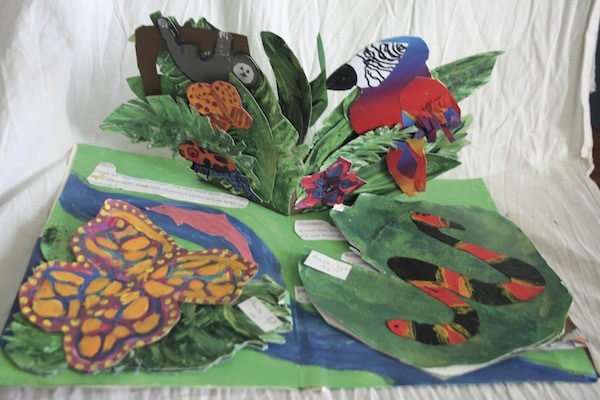


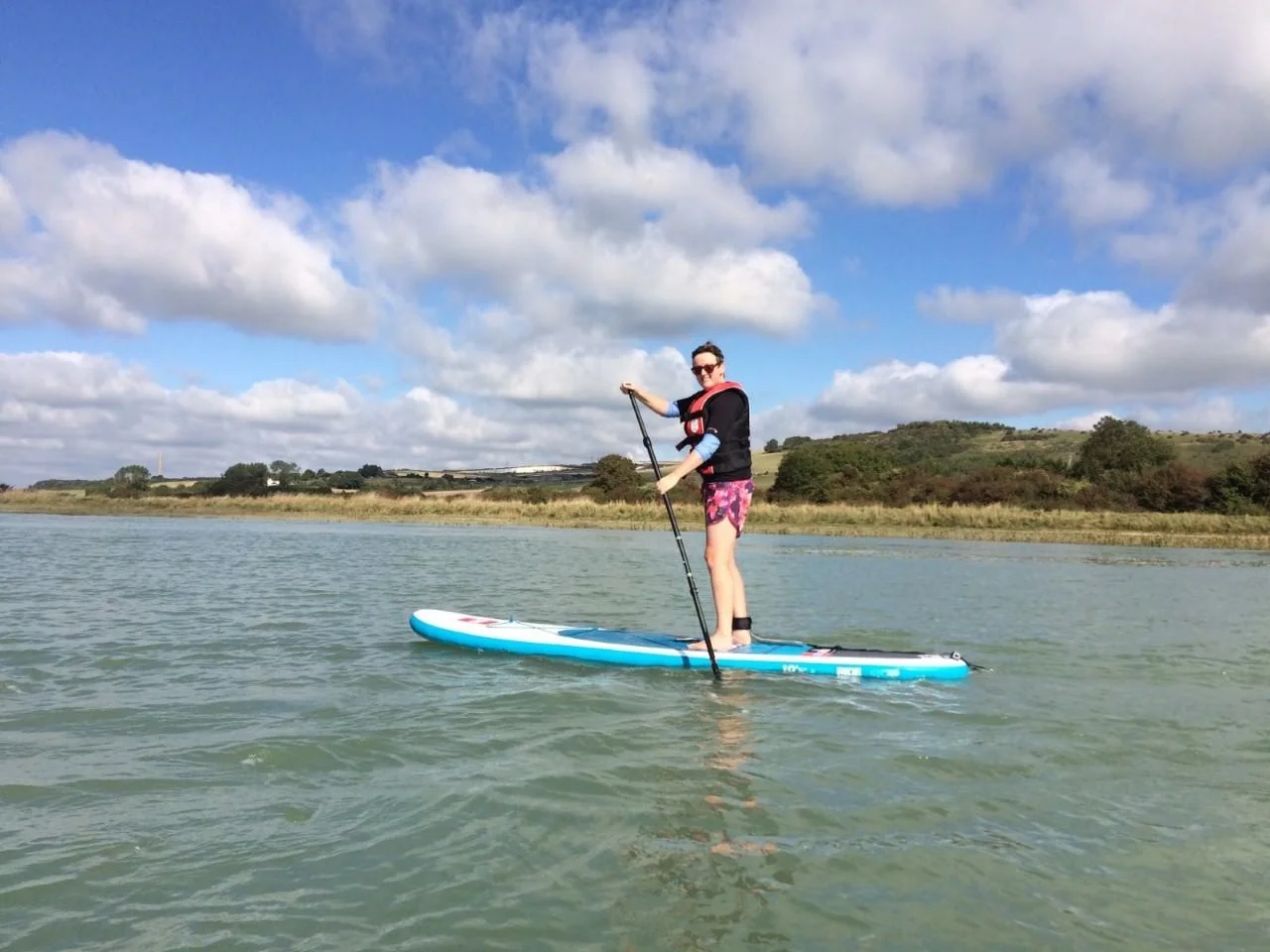




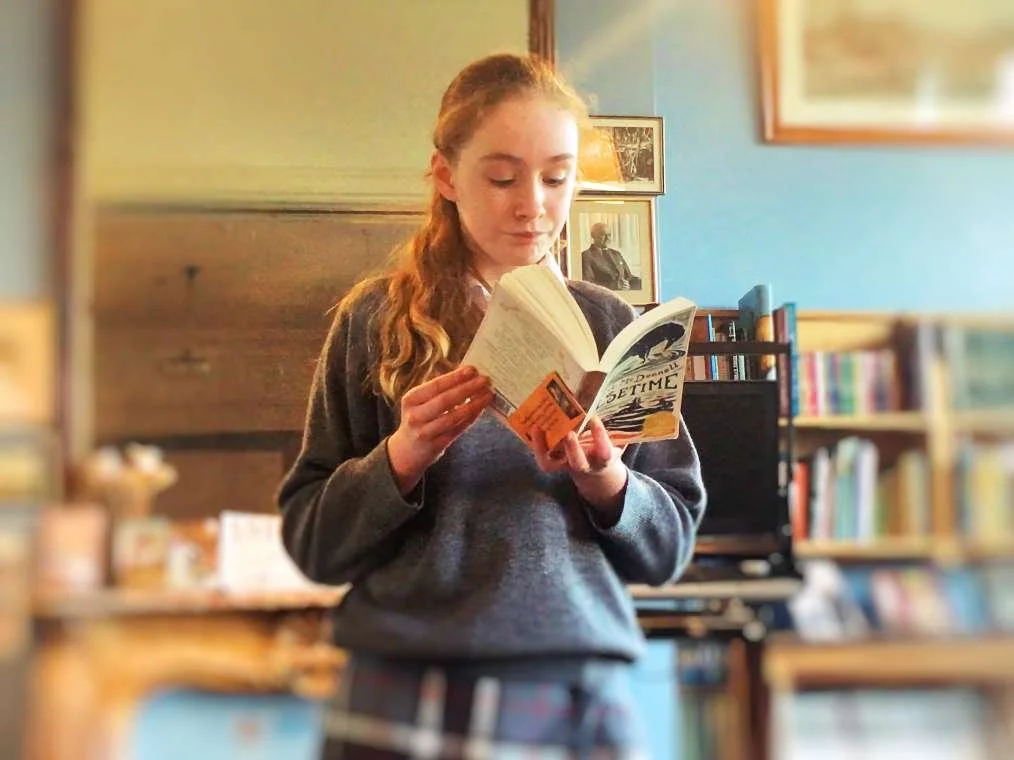














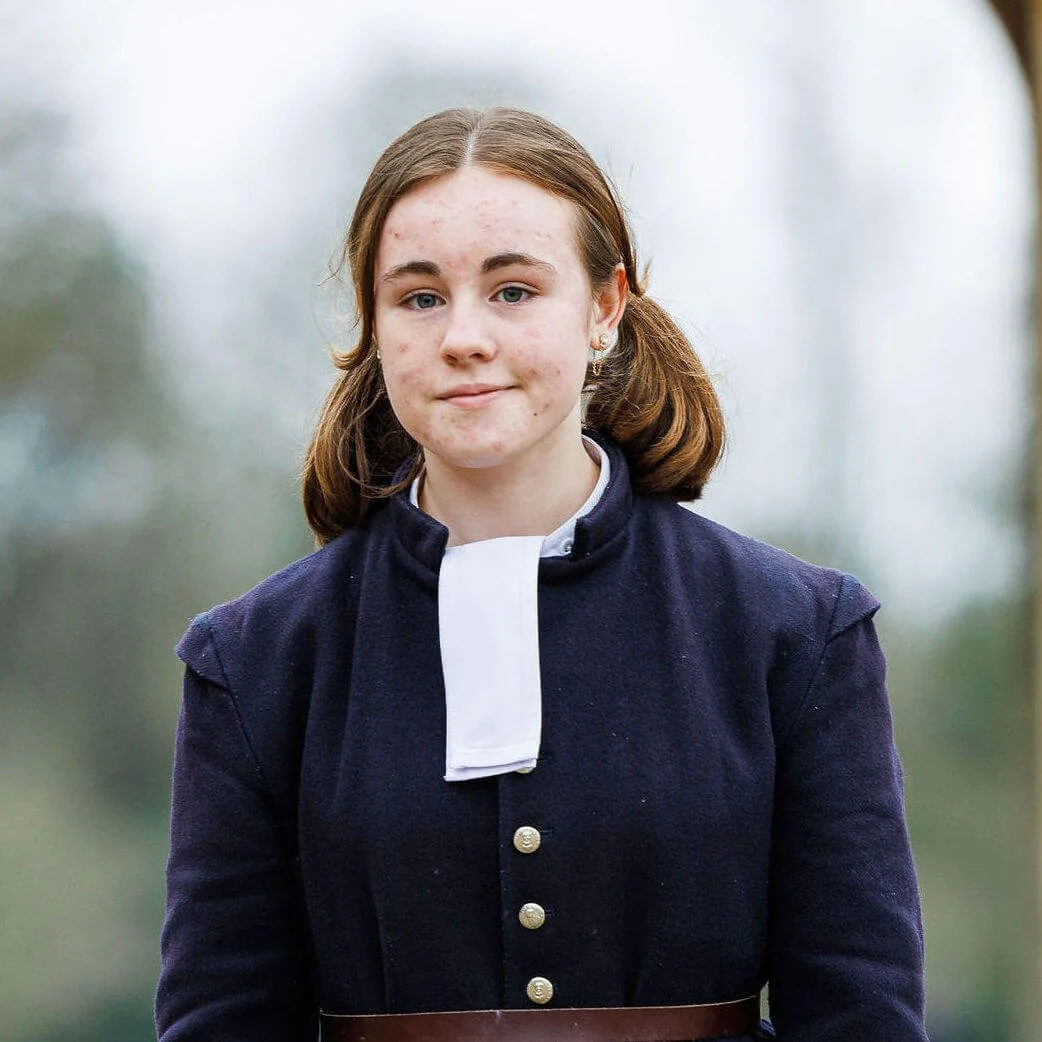
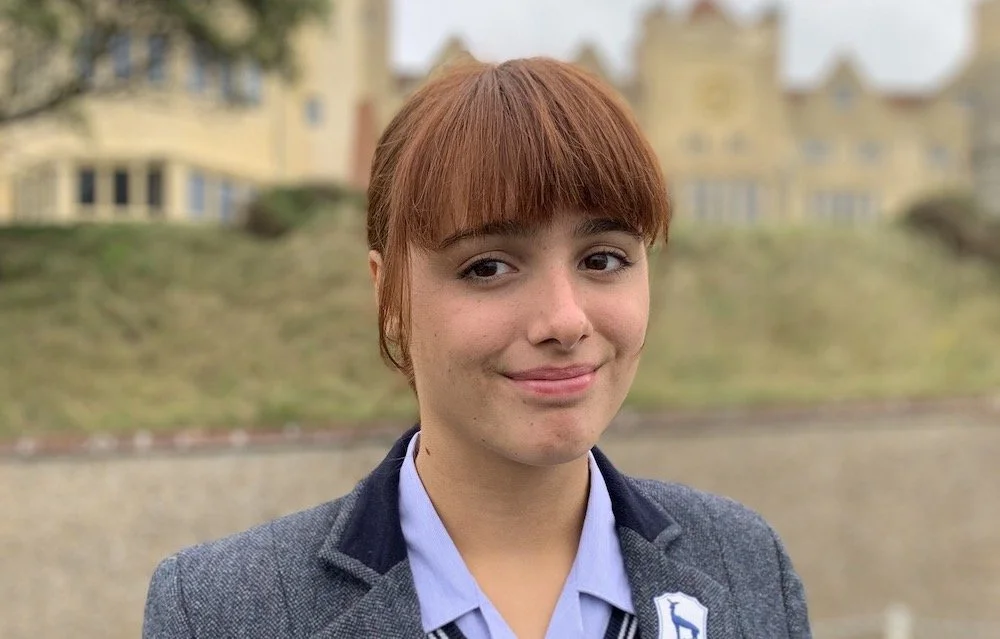


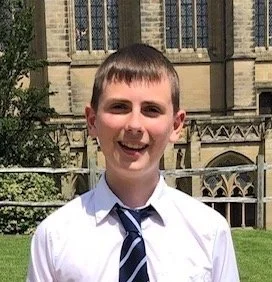

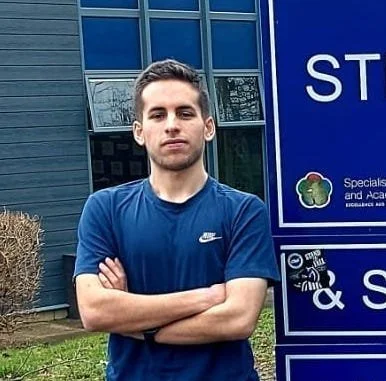

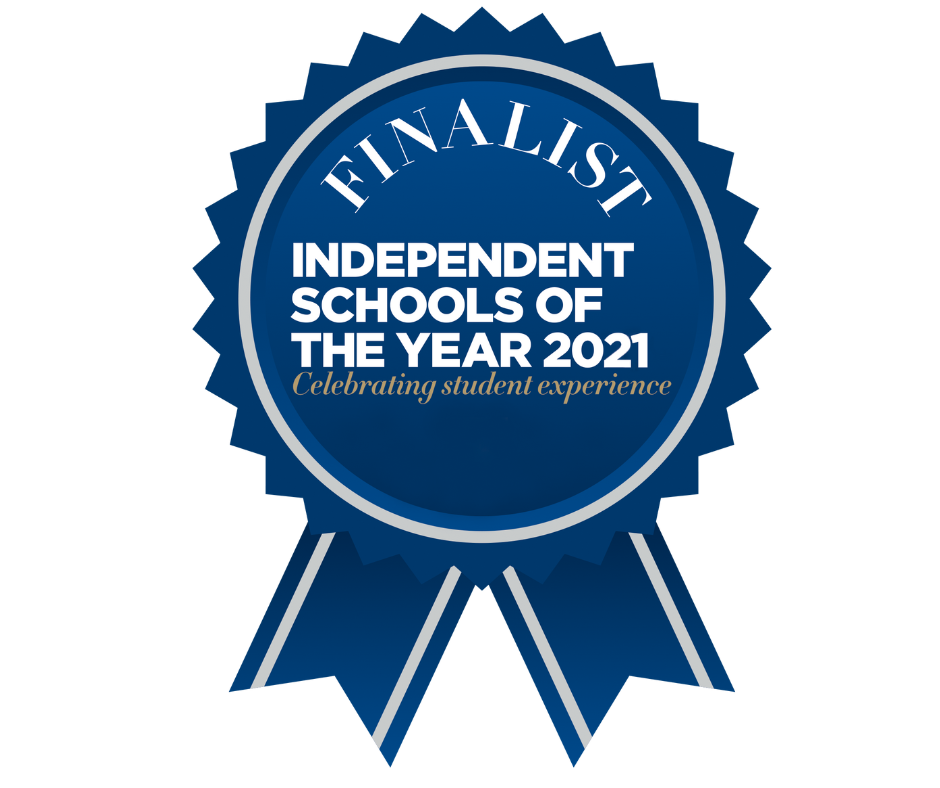




At Sompting Abbotts, we adopt a school-wide ethos that embodies our commitment to the environment. Its principles – 'Embrace Nature; Embrace Learning; Embrace Childhood' – are threaded through our teaching, influencing every child's journey from Pre-Prep to Upper Prep. Our 30-acre grounds and woodland in the South Downs National Park are at its roots.